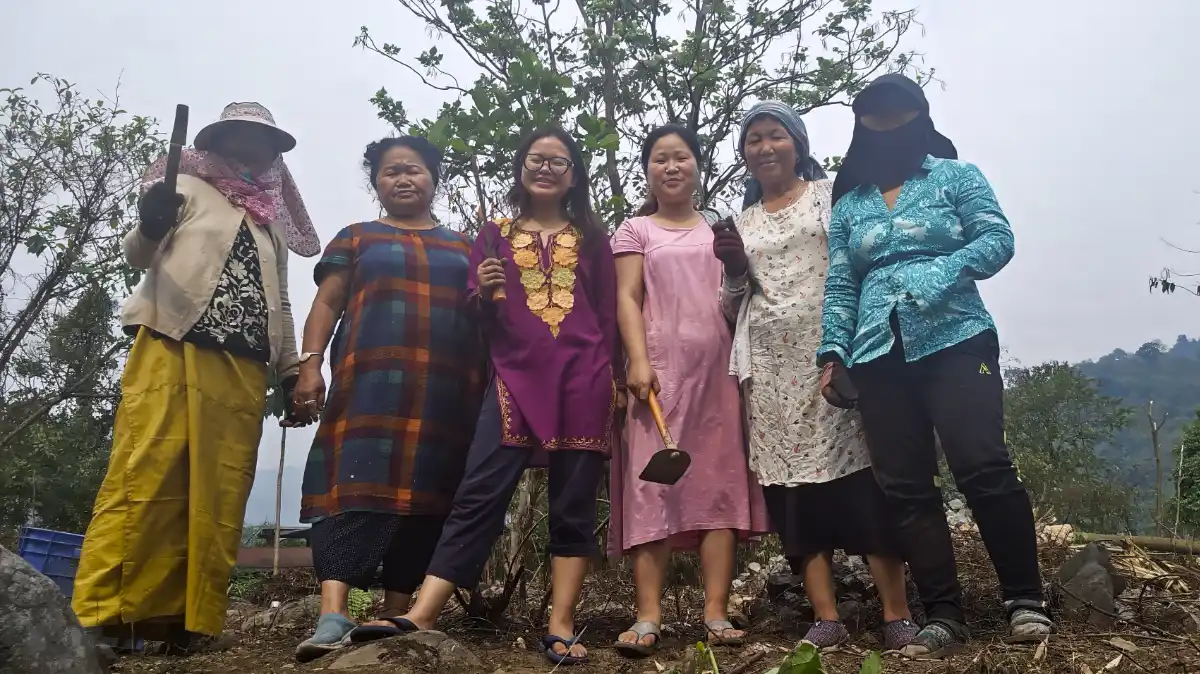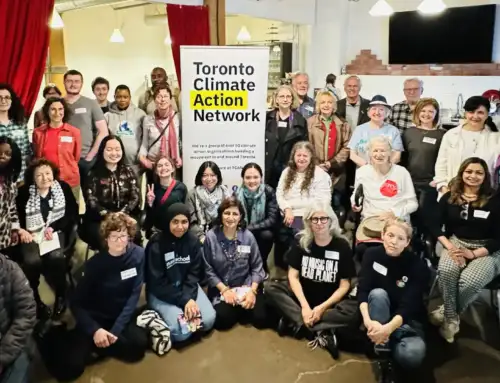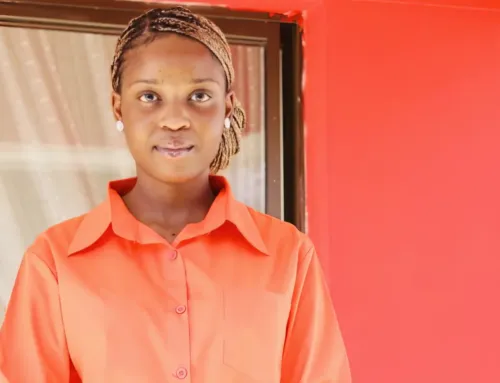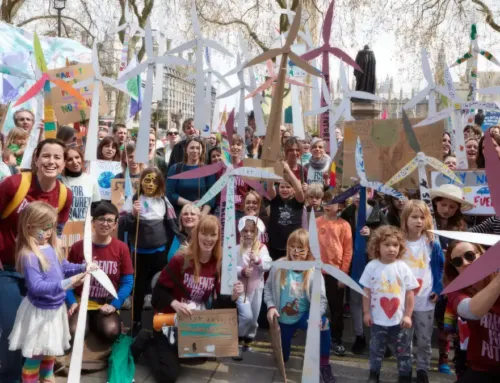STORIES
Niya Tapo:
“Our community has a song for every variety of seed that we plant”
27-year-old Niya Tapo is an indigenous Idu Mishmi woman from Arunachal Pradesh, in India. The Idu Mishmi are known for their deep cultural understanding of the interdependency between people and nature and for protecting their uniquely biodiverse region. Niya’s project engages mothers working on communal land to revive traditional crops for climate resilience and growing a seed bank, while also educating mothers on climate change. Niya is also a Global Youth Ambassador for Education and HEY Asia Ambassador for climate. She is on the Management Committee of Elopa Etugu Community Eco Cultural Preserve, which documents the oral traditions of her tribe to aid in intergenerational knowledge transfer and works to improve community health and economy.
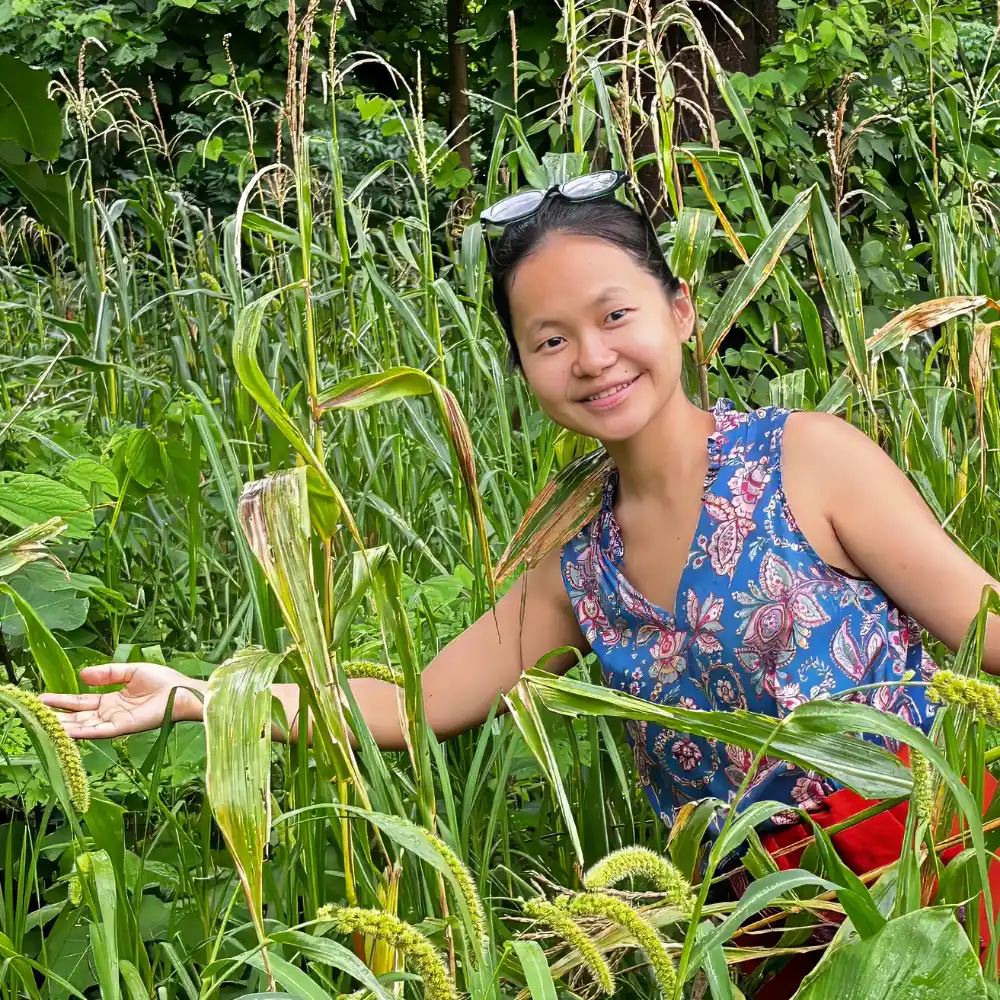
As an Idu Mishmi who grew up on the fringes of forests, the environment has always been part of my subconscious and active thought process. After my undergraduate degree in political science, I started preparing for the exam to become part of India’s administrative system. I also wanted to learn more about climate policies and when I became an ambassador of the Healthy and Environment Friendly Youth Campaign also known as Hey Ambassador, I was invited to join the COP 28 delegation. I was excited to speak about what climate change and climate action looked like in India. Before I go further, I must tell you about two incidents that changed my life.
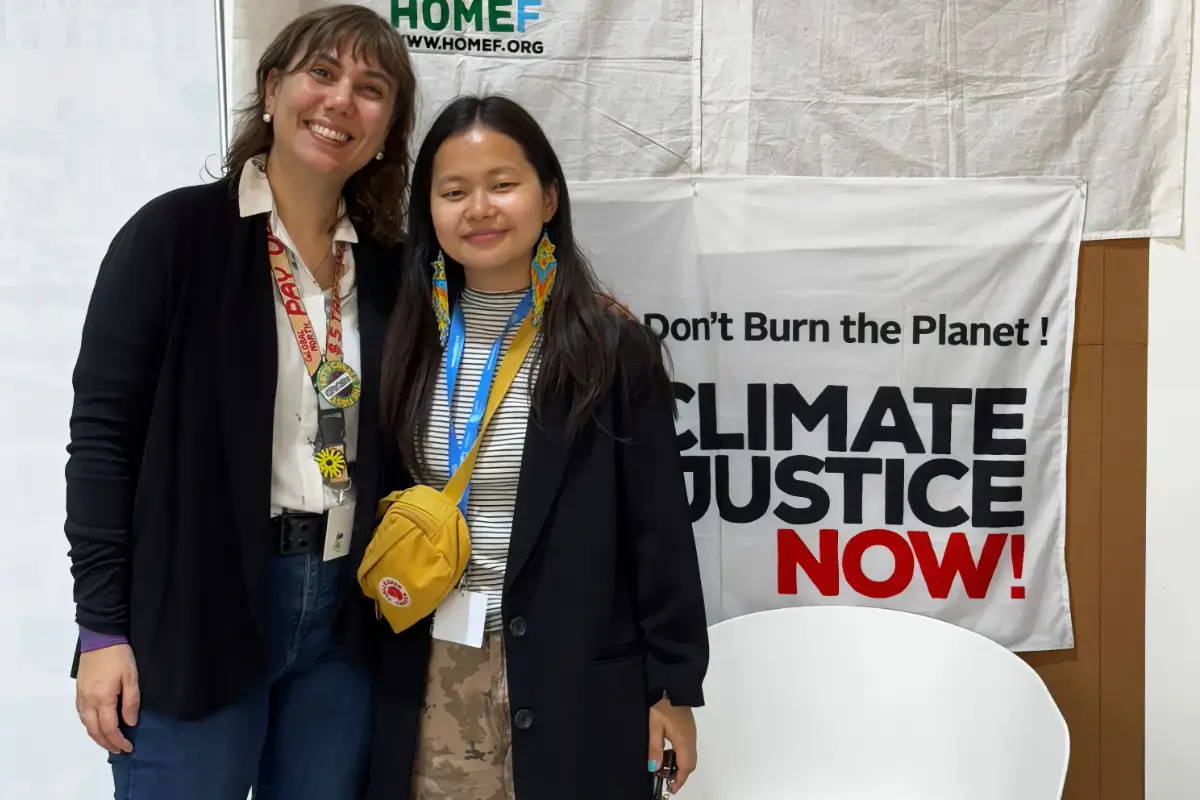
Three years ago, I visited Majuli, an island in Assam (North-east India). It’s a beautiful place, and I was surprised that the local community there wanted to move away and were asking the government for alternate land. They told me stories about the frequent flooding and disruptive unpredictable weather events. They were speaking about climate change without using or knowing those words. As a tribal person, it upset me that indigenous people wanted to move away because their land was becoming inhospitable. Majuli is one of the world’s largest inland riverine islands and it has shrunk from 500 sq miles in the 18th century to less than 136 sq miles today. These conversations gave me the impetus to work in climate action and I went to COP-28 with a climate tool kit that I had developed with the help of others.
However, a simple question at COP shook me to the core. I was asked to sing a song in my native language, and I couldn’t sing even a few words fluently. On the one hand, I wanted to work with and for my people and on the other, my schooling and higher education had distanced me from my roots. I couldn’t even speak fluently in my own language, and I had no pride in my heritage. I remember feeling so disturbed – with a shock I realized that I had forgotten the songs I had grown up with!
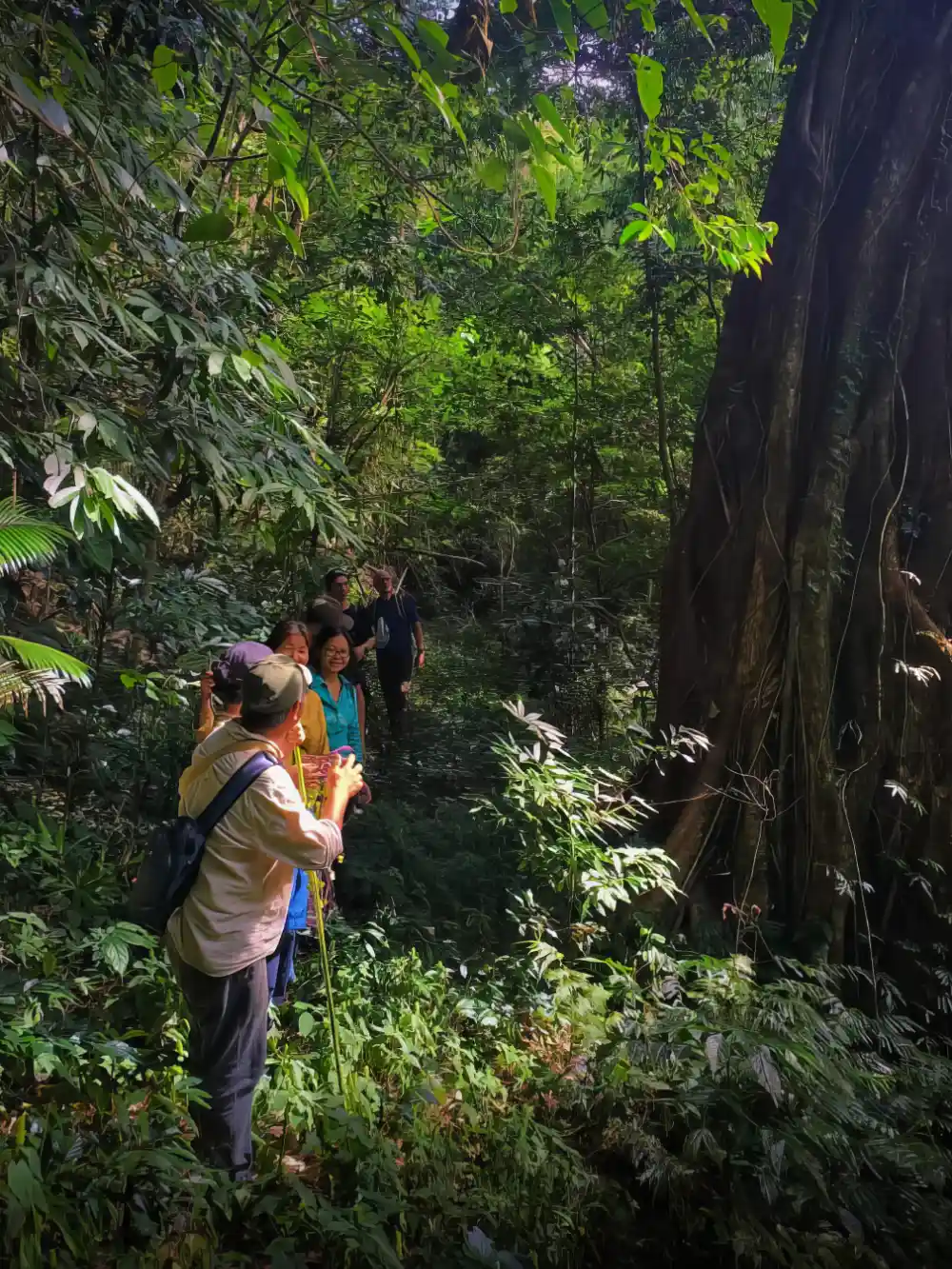
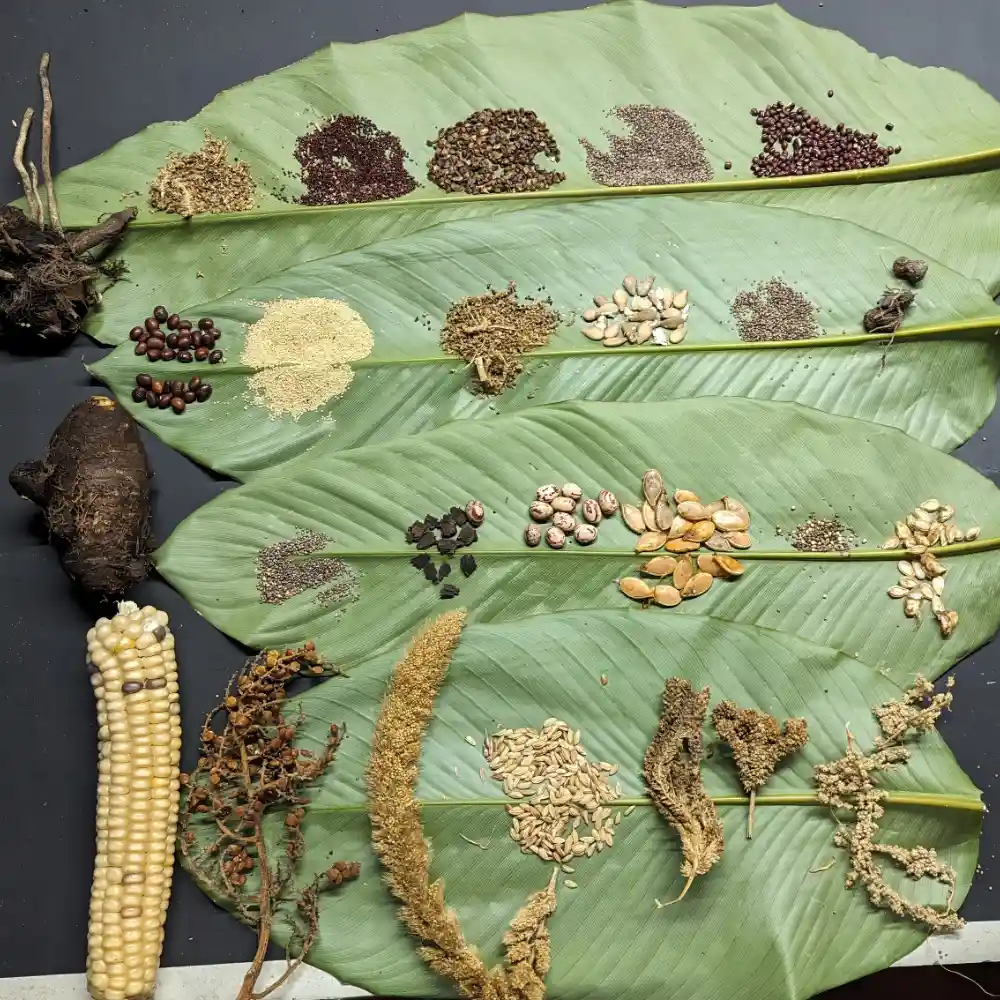
That’s when I understood that I was grappling with conflicting feelings about being indigenous myself – how could I work with local communities when I felt this way? So, I returned to my hometown in Arunachal Pradesh to work with my people and there I received yet another jolt. My toolkit, which primarily consisted of awareness material on fossil fuels and their impact on the air, our health and warming made zero sense to my community. Because there didn’t appear to be any problems – the air quality seemed great, we had plentiful water so there was a sense of ‘’what are you talking about?” So, I went back to square one – and that’s when I saw that the disconnect that I was feeling as an indigenous person was reflected in other young people too. We’d forgotten our songs and stories because we were not hearing them so often anymore. And the answer to this was right on our plates! We are eating differently now. Indigenous crops that were part of our heritage had become invisible. Our community has a song for every variety of seed that we plant, so when you hear a song from far away you know what’s being planted.
So, what changed? We were now receiving rice and other provisions at very low rates from a government scheme because my community was defined as being below the poverty line. Obviously, this was easier than farming and nobody wanted to go work in the fields anymore. At the same time, there were rising incidents of cancer and other illnesses among us. This was unheard of earlier. We used to eat more than a dozen varieties of millets, yams and other vegetables. We had a multi-cropping system as opposed to modern mono-crops that rob the soil of its nutrition. This is where I thought I could make a difference and start a seed bank of indigenous crops that have nutritive value and are also climate resilient.
When I spoke to our community elders, they proposed I use 63 square kilometers of our ancestral community land. They also added a conservation aspect to the agricultural one. The Idu Mishmi are known globally for their culture of conservation and we youngsters decided to document our biodiversity using camera traps and taking rafts across the rivers to inaccessible areas. All this hard work paid off when we found 40 animal and 100 bird species. This is how the Elopa Etugu Community Eco Cultural Preserve came about.
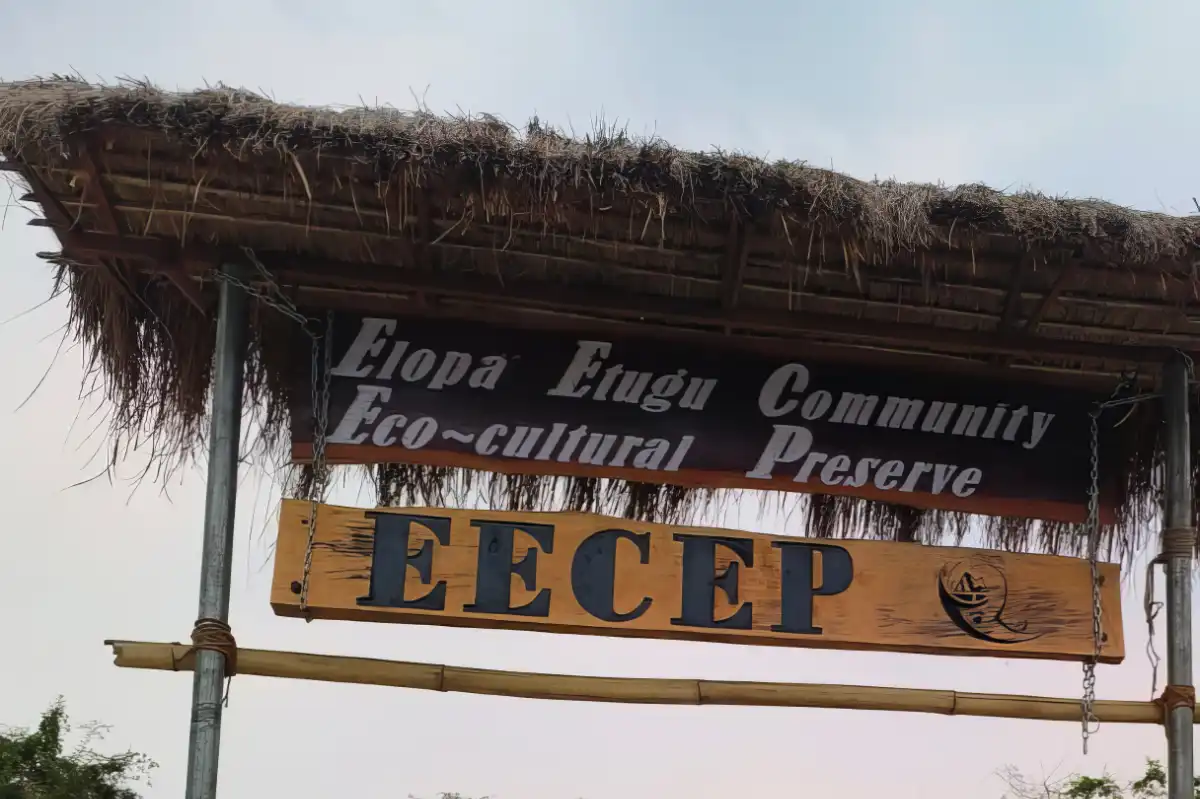
The agricultural part of our work involves a group of 40 mothers who spread awareness on growing pesticide-free indigenous crops. They tell youngsters about how these grains are resilient to unpredictable weather and how to preserve seeds to exchange with other communities. Why women? In our community, it’s women who work from farm to plate. Today we have a small seed bank with 56 varieties of seeds. It’s not easy work – since we have stopped using chemical pesticides, we have a lot of crop damage from pests, and we need to relearn how to grow our food with biological pest control. We’re also trying to cultivate varieties that we earlier foraged in the forests. I’m working on a handbook now that documents the varieties of seeds and the ways to grow them as well as the songs that our elders sing while planting.
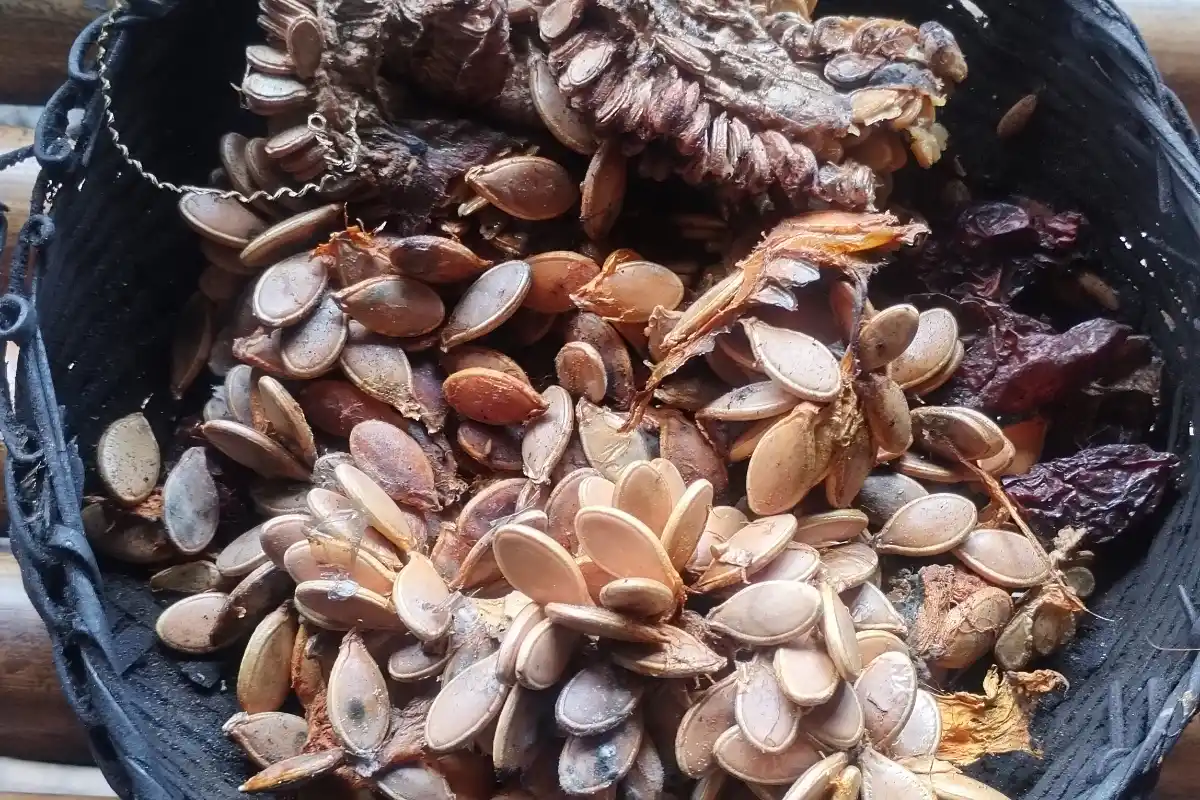
The biggest challenge that lies ahead for tribal communities in the time of climate change is the disconnect from our roots, from ourselves. I believe that if we focus on ourselves and our culture, the battle against fossil fuels, deforestation, food safety and water shortages will be won. We are rooted to our land. What we speak, what we eat, what we wear – they all connect us to our immediate environment and provide us a way of being in harmony with nature.
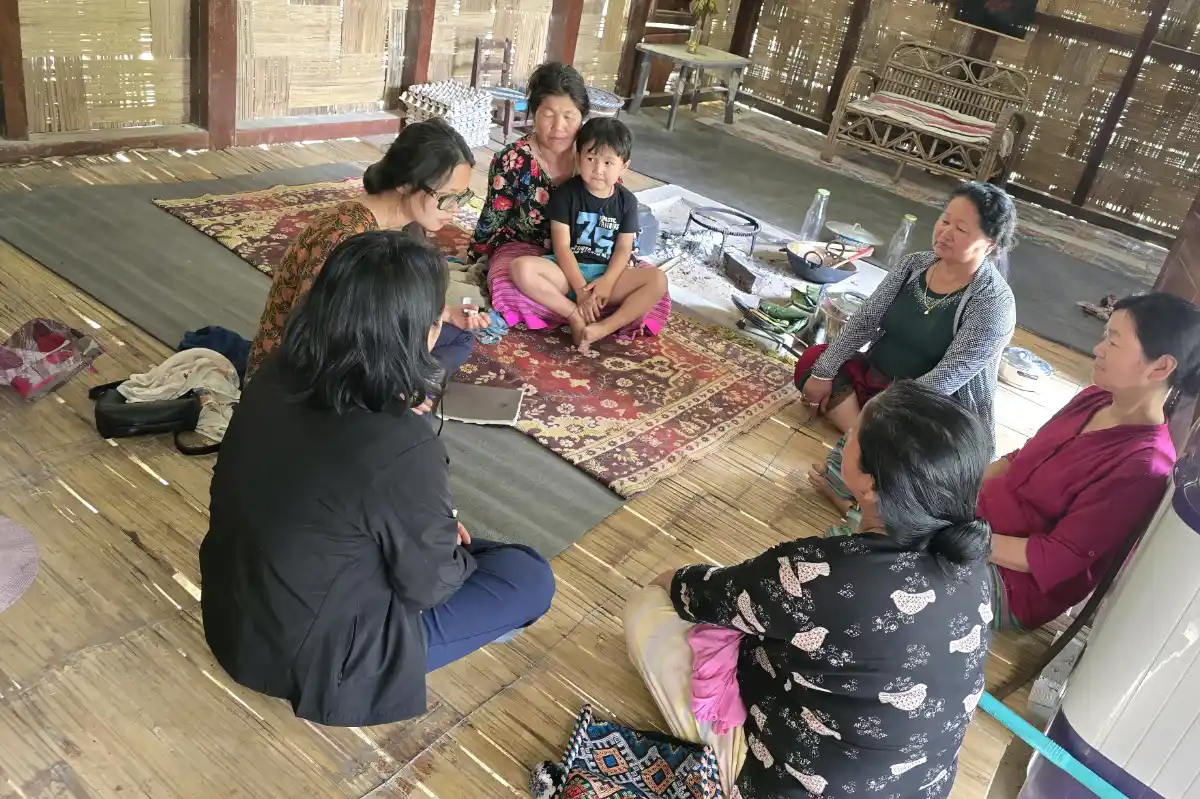
We need to redefine our idea of development – I’m not anti-development, however I do believe that development needs to be sustainable, not destructive while fostering a healthier and more joyful way of life.
